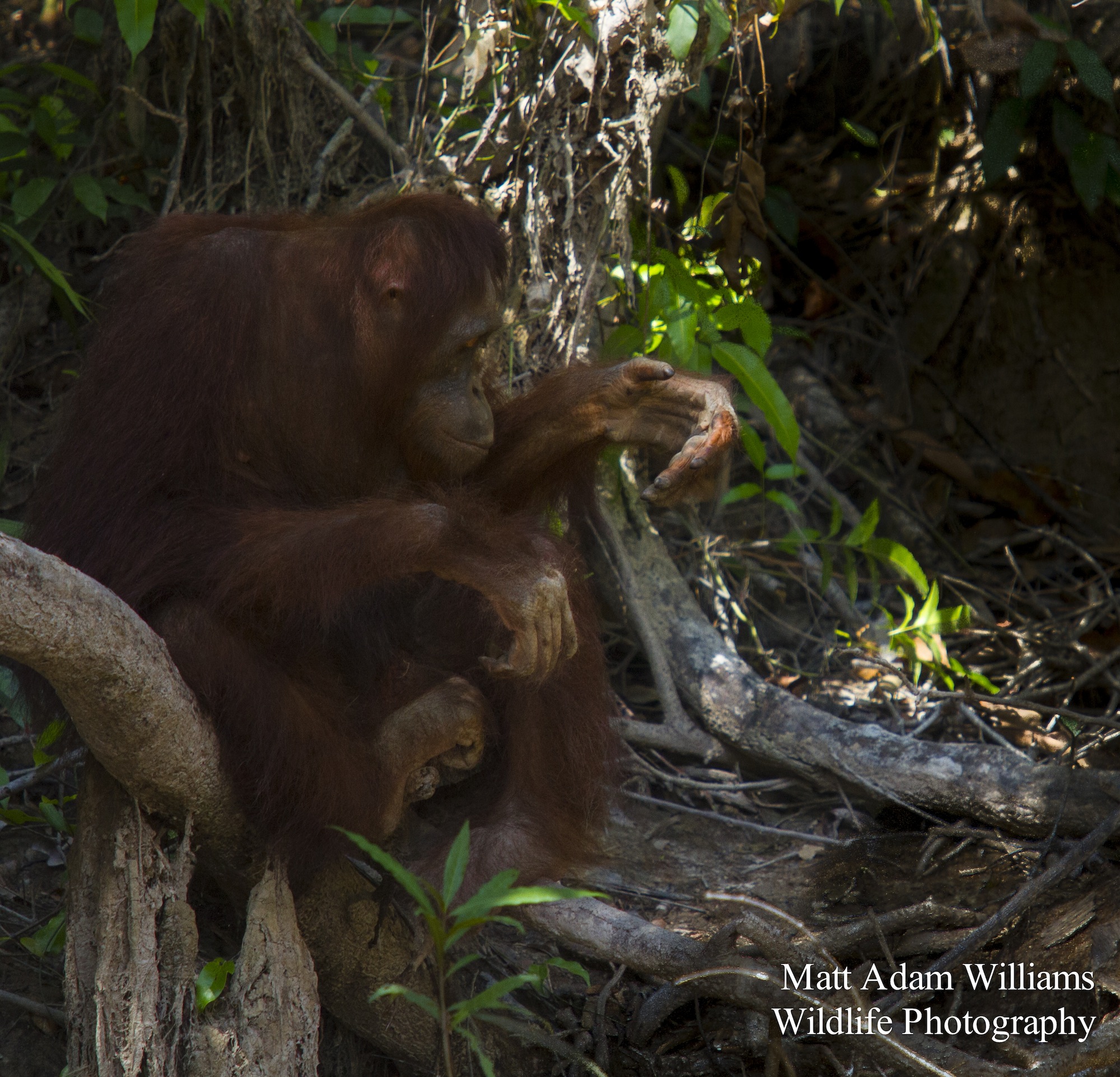From rehabilitation to release: the orangutans of Nyaru Menteng
I haven’t yet come across a wild orangutan here in the Sabangau peat-swamp forest, but a day trip with our volunteer group did give me the chance to encounter the next best thing.
During the volunteers’ long weekend away from camp we visited Nyaru Menteng, a place where the Bornean Orangutan Survival (BOS) Foundation works to rescue, rehabilitate and release orangutans.
We began by visiting the BOS visitor centre, where we saw some of the orangutans in their care. These animals have been rescued from being orphaned or injured. Very often this is as the result of forest fires with human draining of peatland the root cause. When peatland forests are logged and drained (often for conversion to oil palm) it can leave remaining forest far more prone to fires.
Since it was founded in the 1990s BOS has seen around 1000 orangutans pass through its doors, with about 600 currently in its care. The operation is deservedly growing.
After they’ve been looked after, quarantined, helped to learn or re-learn to live and forage in the wild, the orangutans are released to a nearby site – an island in the middle of the river. These orangutans are therefore in a semi-wild state before they are recaptured and released into the complete wild, at another site, Batikamp.
These sites need to be away from human populations, ideal for orangutans, but away from other wild orangutans – not an easy set of criteria to meet, but BOS manage to find space for them.
After seeing the visitor centre and operation there, we took a trip by boat around the nearby island where orangutans are released into a semi-wild setting. Below is an image of one of them, close to the water’s edge. We spent a lovely hour or so craning our necks and scanning for dark shapes moving among the trees.
While it’s sad to think that these animals are not truly wild and that their lives have been marred by human influence, this is balanced by the hope found in the happy endings to their stories. Without the work of organisations like BOS, the fates of many hundreds of orangutans would have been far different.

